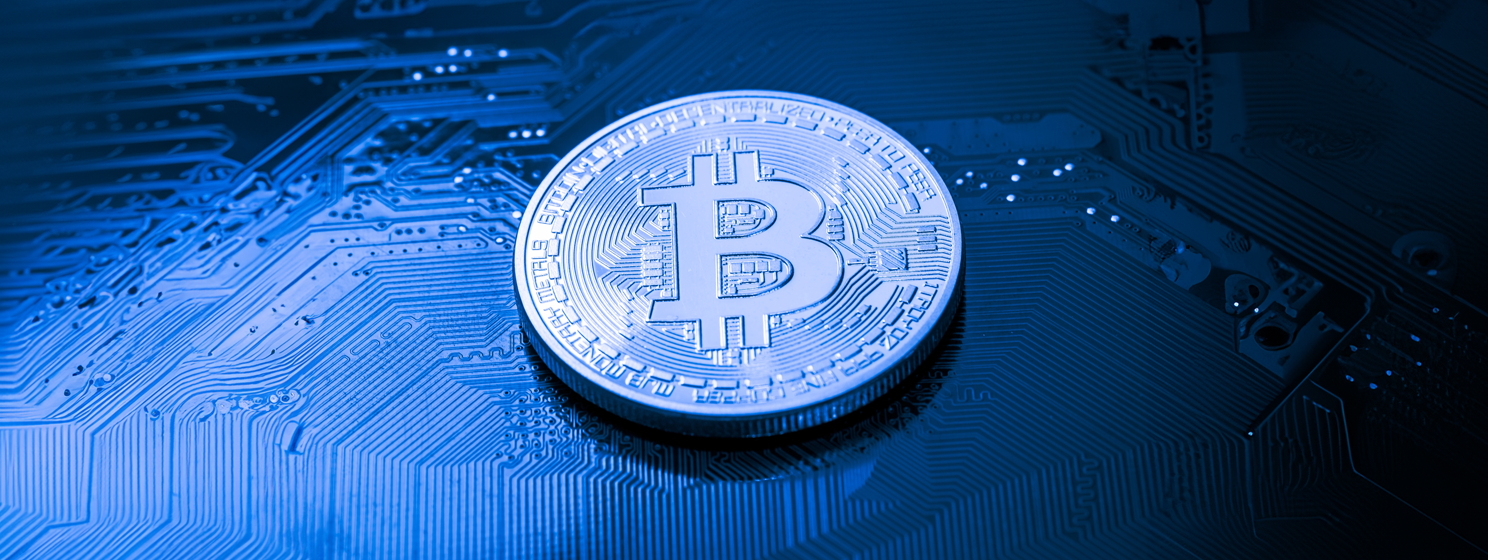|
Getting your Trinity Audio player ready...
|
The Philippines Finance Secretary Benjamin E. Diokno has issued a strongly worded directive to the country’s agencies in charge of tax collection to modernize and streamline their operations.
The Bureau of Internal Revenue (BIR) and the Bureau of Customs (BoC), the main institutions handling a chunk of the country’s tax effort, were urged by Diokno to embrace digitization. Diokno made the call at a symposium organized by the FinTech Alliance.ph, saying, “The government expects to collect more revenues on the back of a faster and more broad-based economic growth. Thus, an efficient and effective tax administration will be critical in funding our socioeconomic priorities.”
He allayed the fears of citizens by stating that there would be no increase in taxes. Rather the agencies would only pursue effective tax models. For a start, the BIR predicts that upon streamlining collection efforts, it could raise PHP2.43 trillion ($43.9 billion) by the end of the year, while BoC thinks PHP671.66 billion ($12.1 billion) is a fair estimate for its operations.
Both agencies have been making note-worthy strides in tax collection efforts since 2020, but unfavorable macroeconomic factors have amplified the calls for greater diligence from the agencies. The rollout of the Philippine Identification System is expected to help the agencies digitize their operation and lay the foundations for a strong economic recovery.
Blockchain will play a keen role in the digitization efforts
The Department of Budget and Management (DBM) spearheaded the efforts toward digitization with the agency unveiling the “First 100-day Roadmap on Digitalization.”
Amenah F. Pangandaman stated that the roadmap contains extensive plans that will explore cloud infrastructure capabilities and the use of distributed ledger technologies in government operations. Pangandaman described digitization as “the Fourth Industrial Revolution” and underscored the need for the country to adapt.
The use of DLT in the Philippines is gaining significant momentum. In June, the country’s Department of Science and Technology announced experimentation with the use of DLT, focusing on building “non-cryptocurrency applications.”
Plans to tax digital currency transactions in the Philippines were amplified by President Ferdinand Bong Bong Marcos Jr., sparking fears about the future of the industry. The president made the call barely one month after the assumption of office in an attempt to raise funds to finance government operations.
“Our tax system will be adjusted in order to catch up with the rapid developments of the digital economy, including the imposition of value-added tax on digital service providers,” he stated.
The tax on digital service providers is expected to cut the nation’s debt to below 60% of the country’s gross domestic product (GDP) and shrink the deficit by 2028.
Watch: The BSV Global Blockchain Convention panel, Blockchain for Government Data & Applications
https://www.youtube.com/watch?v=ggbZ8YedpBE&t=30603s

 09-18-2025
09-18-2025 





